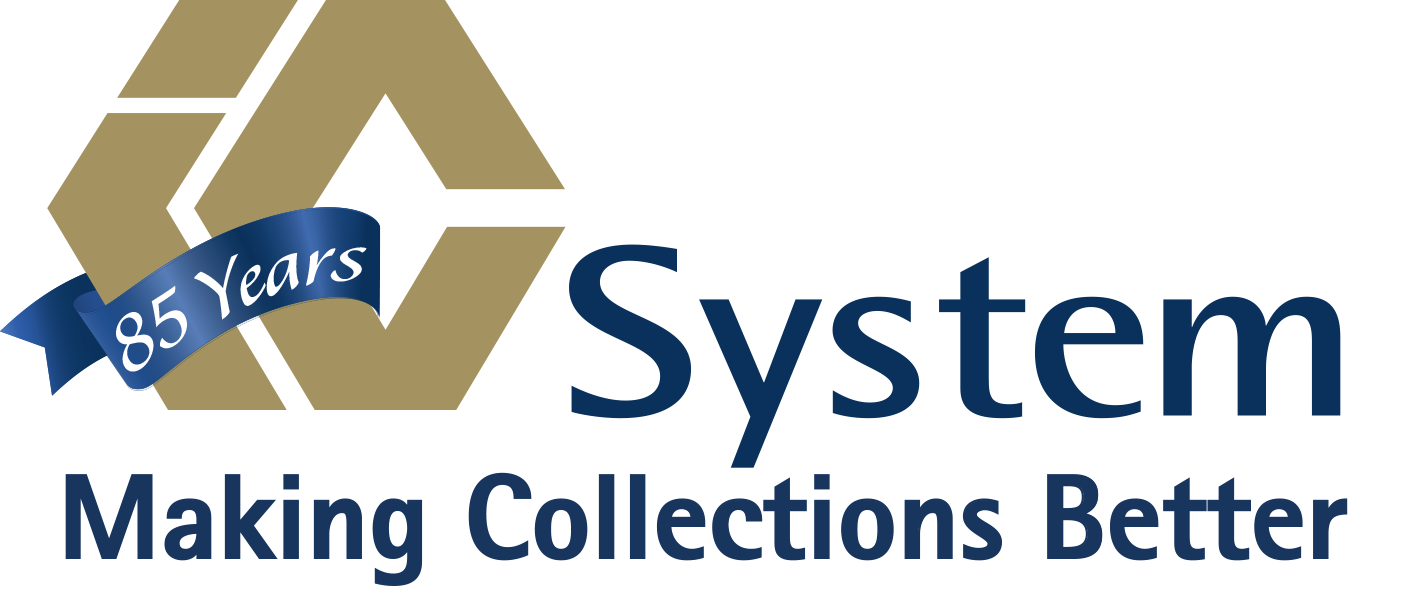IC System is Calling Me. What Should I Do?

When we receive a call from a collection agency, emotions tend to get the best of us. There’s a sense of urgency to find out who’s calling and why, and then get the matter resolved. But sometimes collection agency protocols can make a collection call frustrating or annoying—especially when all you want to know is why you’re being contacted.
Does this sound familiar?
You receive a call from a collection agency. The collector asks your name. But why should you have to give them your name? Shouldn’t they already have this information and just tell you why they’re calling? In a way, it sounds like it could be a scam. Worse, they probably refuse to tell you exactly why they’re calling unless you verify your first and last name.
What should you do, hang up? If you do, that could only make matters worse and delay resolution of your past-due account even further.
Something to Consider…
One thing to consider is how the collection industry is regulated by the Fair Debt Collection Practices Act (FDCPA), a set of guidelines designed to protect consumers. Part of those consumer protections involves ensuring the security and privacy of your personal information. This means that your personal information cannot, by law, be shared with an unauthorized third party. In this case, “personal information” means the name of the creditor, the account balance, or any details whatsoever about the past-due account.
In order to confirm who you are when they’re calling you, a collection agency will ask to verify the first and last name of the person with whom they’re speaking. Without verifying at least your first and last name, the collection agency cannot tell you the creditor for which they’re calling. Per the FDCPA, a collection agency must confirm the first and last name of the responsible party before revealing any additional details. Occasionally, a collection agency might even ask for another piece of information (address, date of birth, email) just to be sure, as revealing confidential information could result in a collection agency violating regulations.
And while this may seem like a scam that is fishing for your personal information, this process is actually required by the federal law designed to protect consumers. After all, if collection agencies could share all of your account information with you right at the beginning of a call, they would, if only to move on to the purpose of the call: discussing your debt.
Throughout this process, it’s important to remember that collection agencies must follow guidelines set forth by FDCPA, which is enforced by regulators like the Federal Trade Commission (FTC) and Consumer Financial Protection Bureau (CFPB). Most collection agencies, like IC System, work diligently to adhere to those laws. However aggravating it may be, this means verifying your first and last name before revealing any confidential information about your account.
Have questions about why IC System is calling you? Contact us:
Medical: 866-628-7811
Other: 800-279-7244
About the Author: Brian Eggert
Brian Eggert is a business development specialist and writer for IC System, one of the largest receivables management companies in the United States. With 18 years in the collection industry, Brian's experience includes operations, client service, proposal writing, blogging, content creation, and web development.






